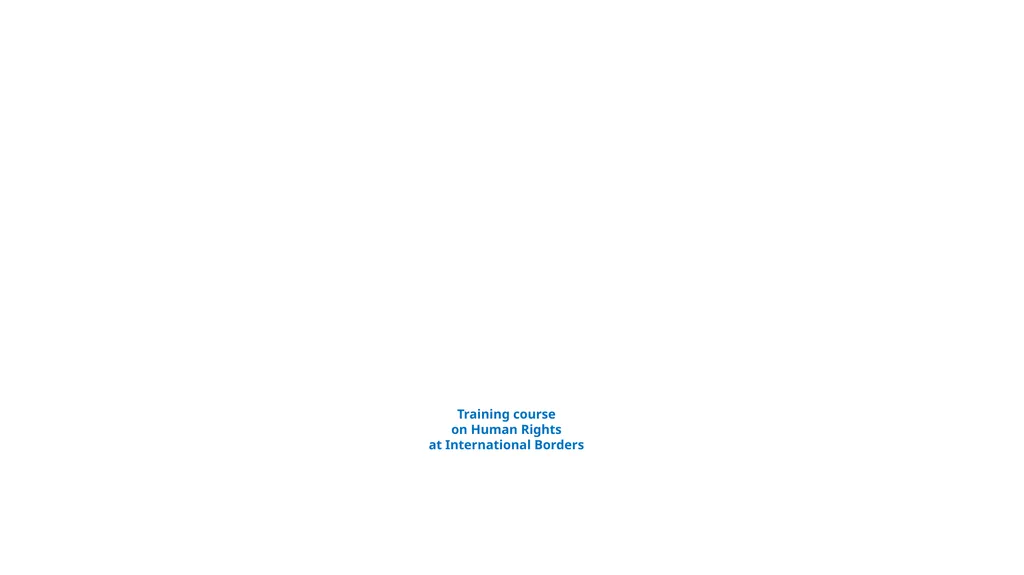
Author : kittie-lecroy | Published Date : 2025-05-19
Description: Training course on Human Rights at International Borders Session 6 Human rights-based return Session 6 content 6.1 Return in the context of migration 6.2 Key human rights considerations relating to return 6.3 Practical steps to protectDownload Presentation The PPT/PDF document "" is the property of its rightful owner. Permission is granted to download and print the materials on this website for personal, non-commercial use only, and to display it on your personal computer provided you do not modify the materials and that you retain all copyright notices contained in the materials. By downloading content from our website, you accept the terms of this agreement.
Here is the link to download the presentation.
"Training course on Human Rights at International"The content belongs to its owner. You may download and print it for personal use, without modification, and keep all copyright notices. By downloading, you agree to these terms.













